The Surprising Benefits of Weeds in Your Lawn and Garden

Weeds are often seen as a nuisance and something to be removed from our lawns and gardens. However, many weeds provide important benefits to our plants and soil, and some can even be used for medicinal or culinary purposes. In this article, we will explore the surprising benefits of weeds in your lawn and garden, as well as identify some of the most common weeds that provide these benefits.
Benefits of Weeds:
- Soil Conditioning: Many weeds have deep taproots that help to break up compacted soil, which allows water and nutrients to penetrate deeper into the soil. Weeds also bring up minerals from deeper in the soil, which can benefit other plants growing nearby.
- Nitrogen Fixation: Some weeds, such as clover and chickweed, are able to fix nitrogen in the soil, which is an essential nutrient for plant growth.
- Pest Control: Some weeds, such as dandelions and Queen Anne’s lace, attract beneficial insects such as ladybugs and lacewings that feed on harmful pests like aphids.
- Pollinator Support: Many weeds, such as goldenrod and milkweed, provide important sources of nectar for bees and other pollinators.
- Medicinal and Culinary Uses: Some weeds, such as purslane and dandelions, have medicinal or culinary uses and can be harvested for these purposes.
Common Beneficial Weeds:
- Dandelions: Dandelions are often seen as a pesky weed, but they actually have deep taproots that help to break up compacted soil. They are also a valuable source of food for bees and other pollinators.
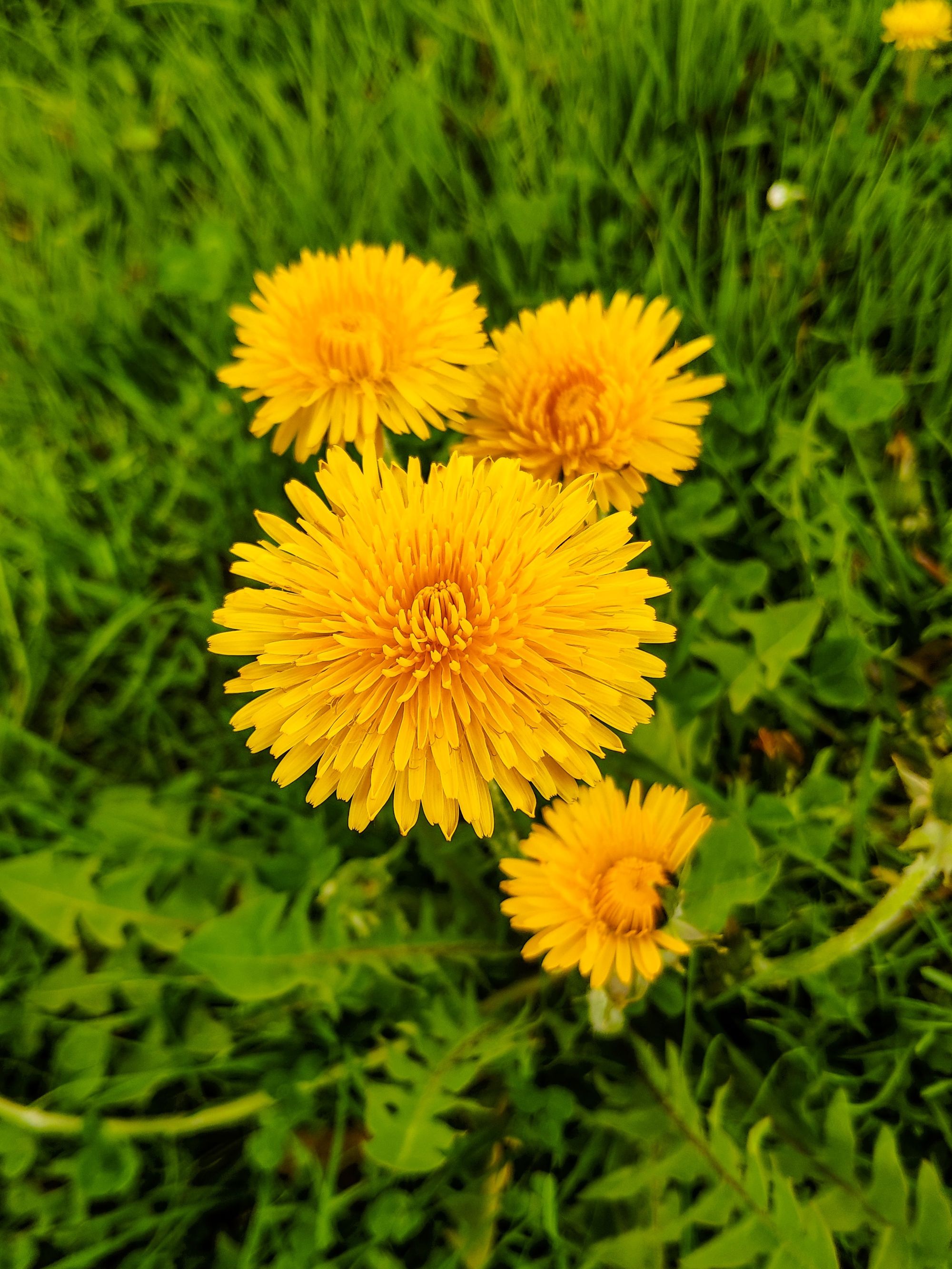
2. Clover: Clover is a nitrogen fixer and can help to improve soil quality. It also attracts beneficial insects and provides a valuable source of nectar for bees.
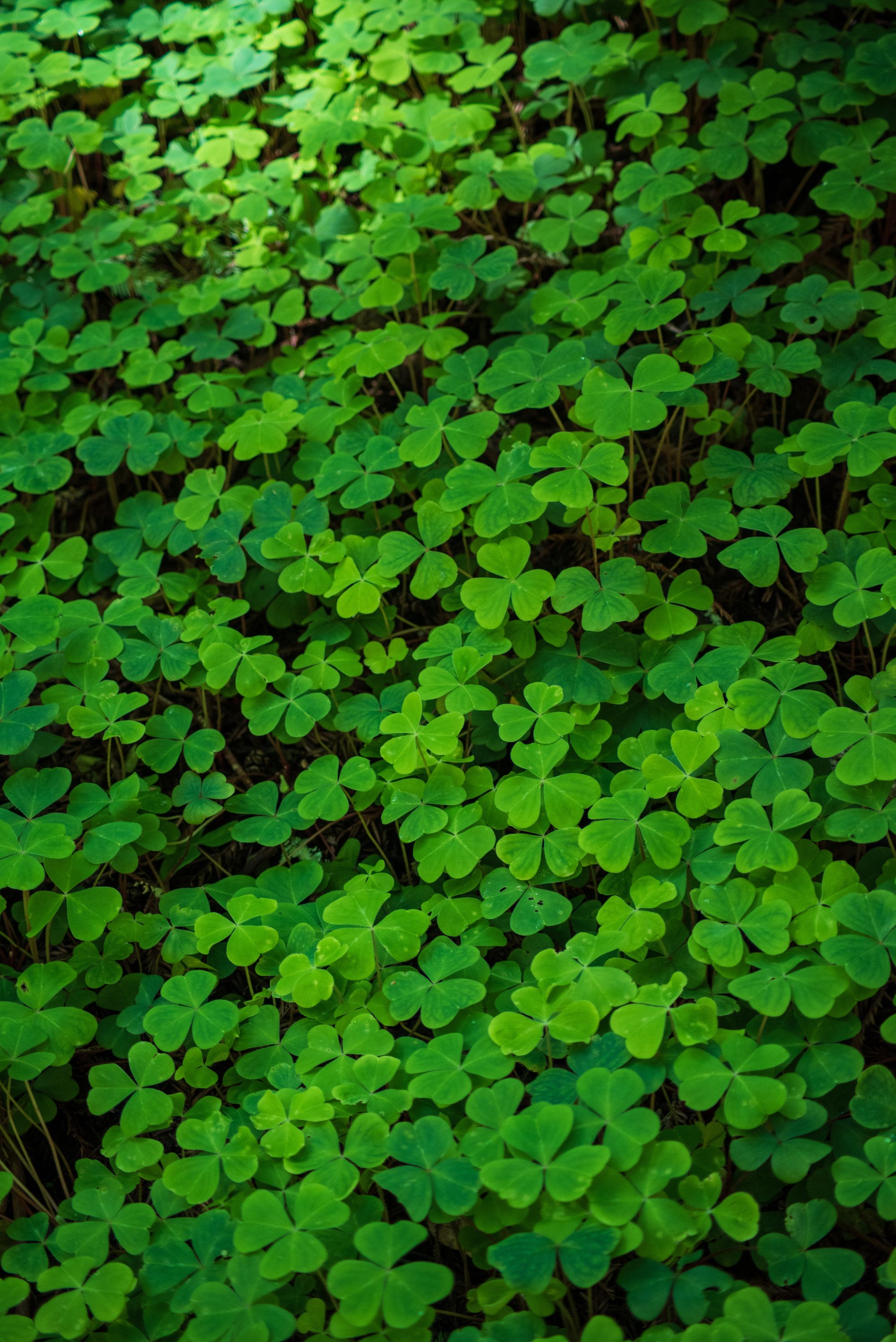
3. Chickweed: Chickweed is another nitrogen fixer and can be used as a cover crop to improve soil quality. It is also edible and can be used in salads or soups.
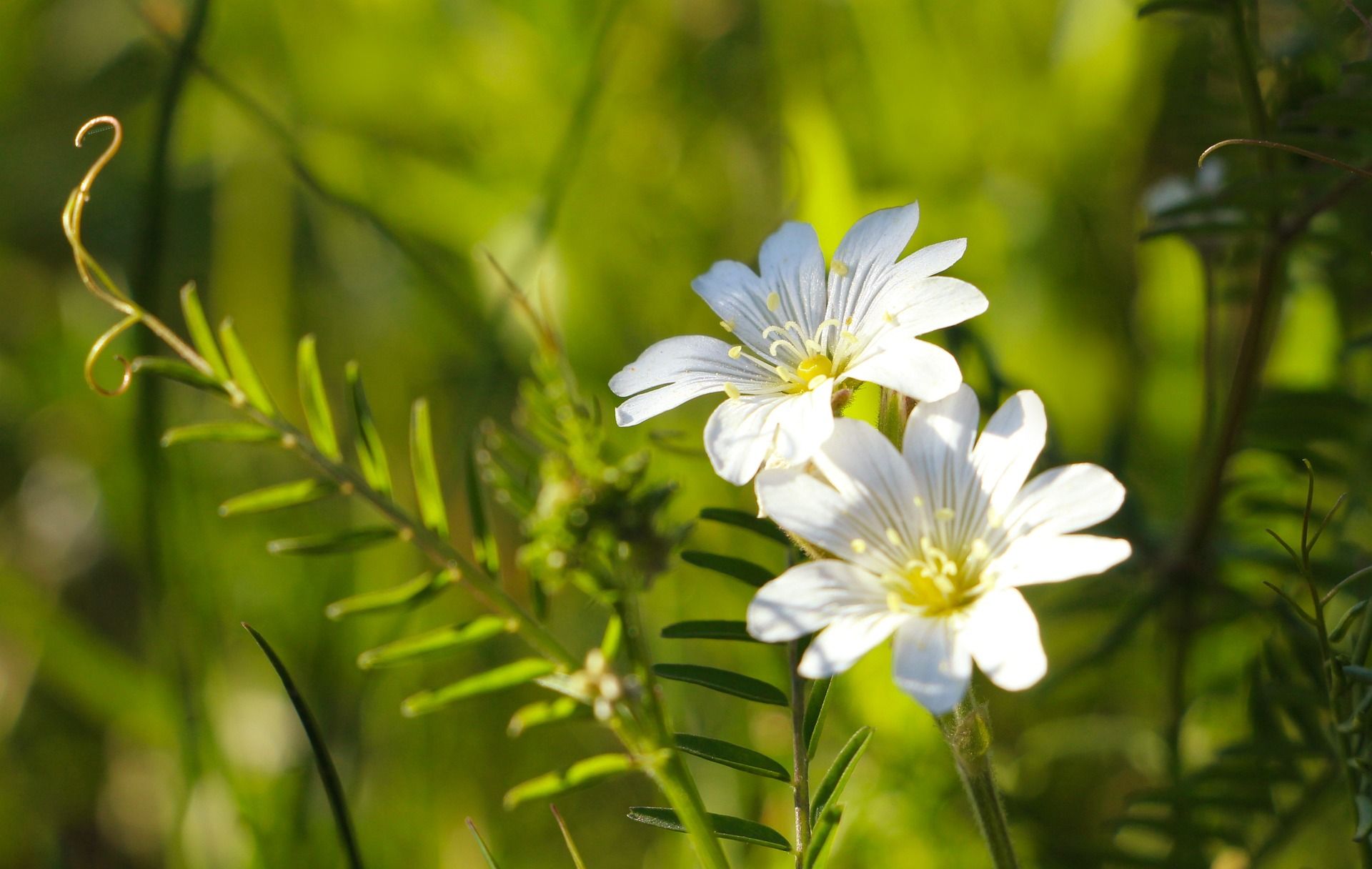
4. Lamb’s Quarters: Lamb’s quarters are high in vitamins and minerals and can be used as a spinach substitute in recipes. They also accumulate minerals in their leaves, which can improve soil quality.
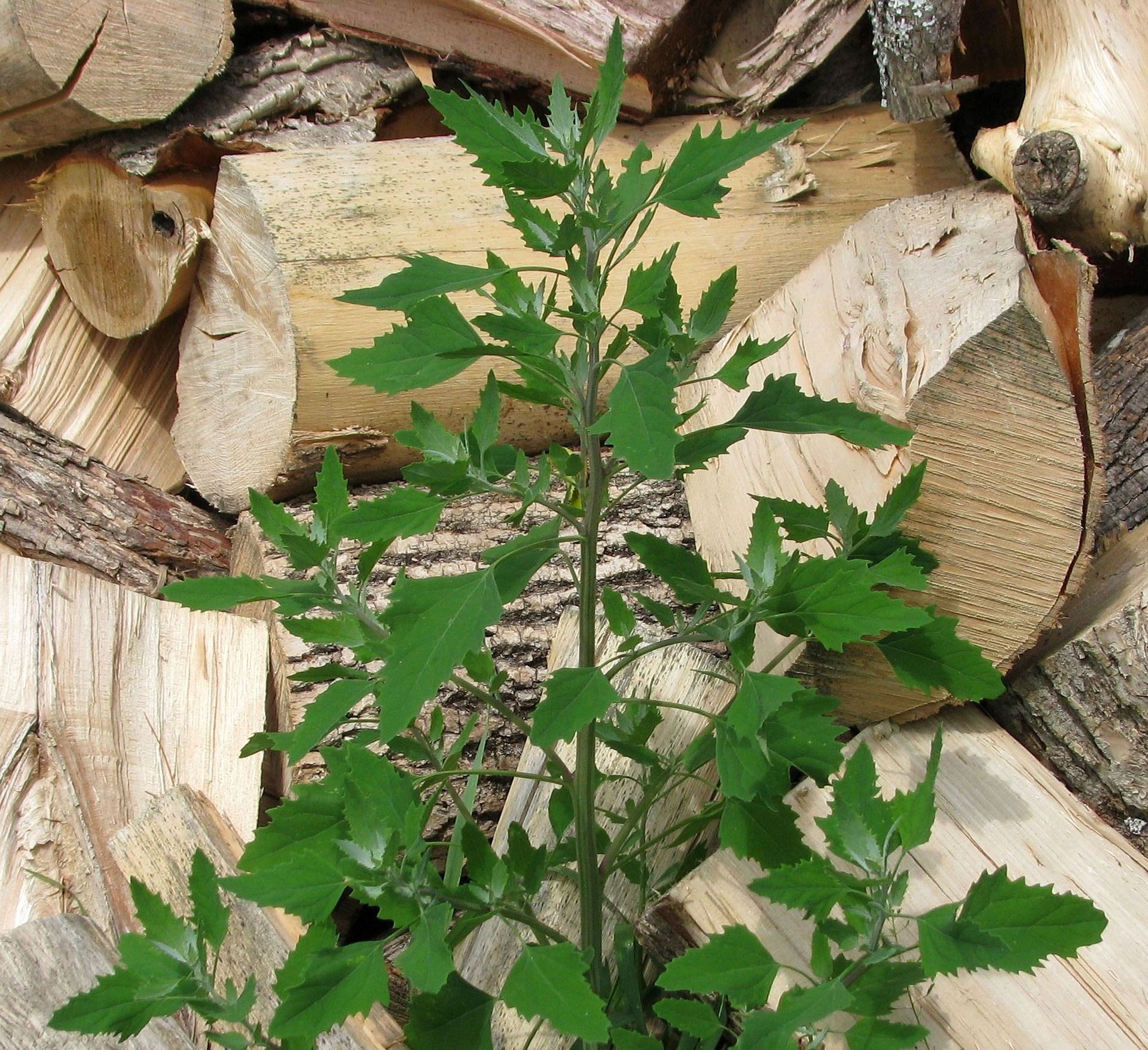
5. Goldenrod: Goldenrod is a valuable source of nectar for bees and other pollinators, and can also be used to make tea or for medicinal purposes.
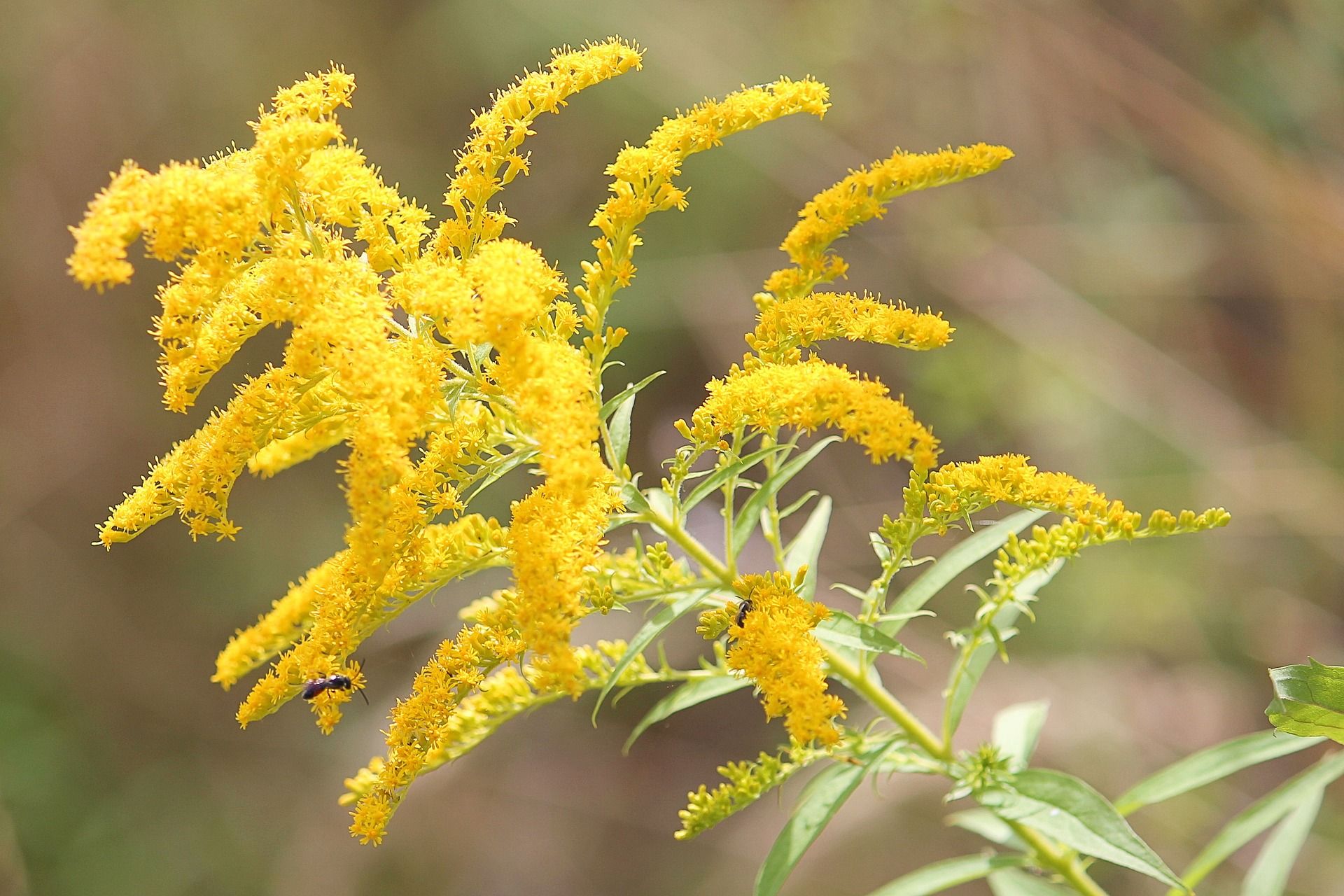
6. Yarrow: Yarrow is a natural insect repellent and can be used to make tea or as a medicinal herb.
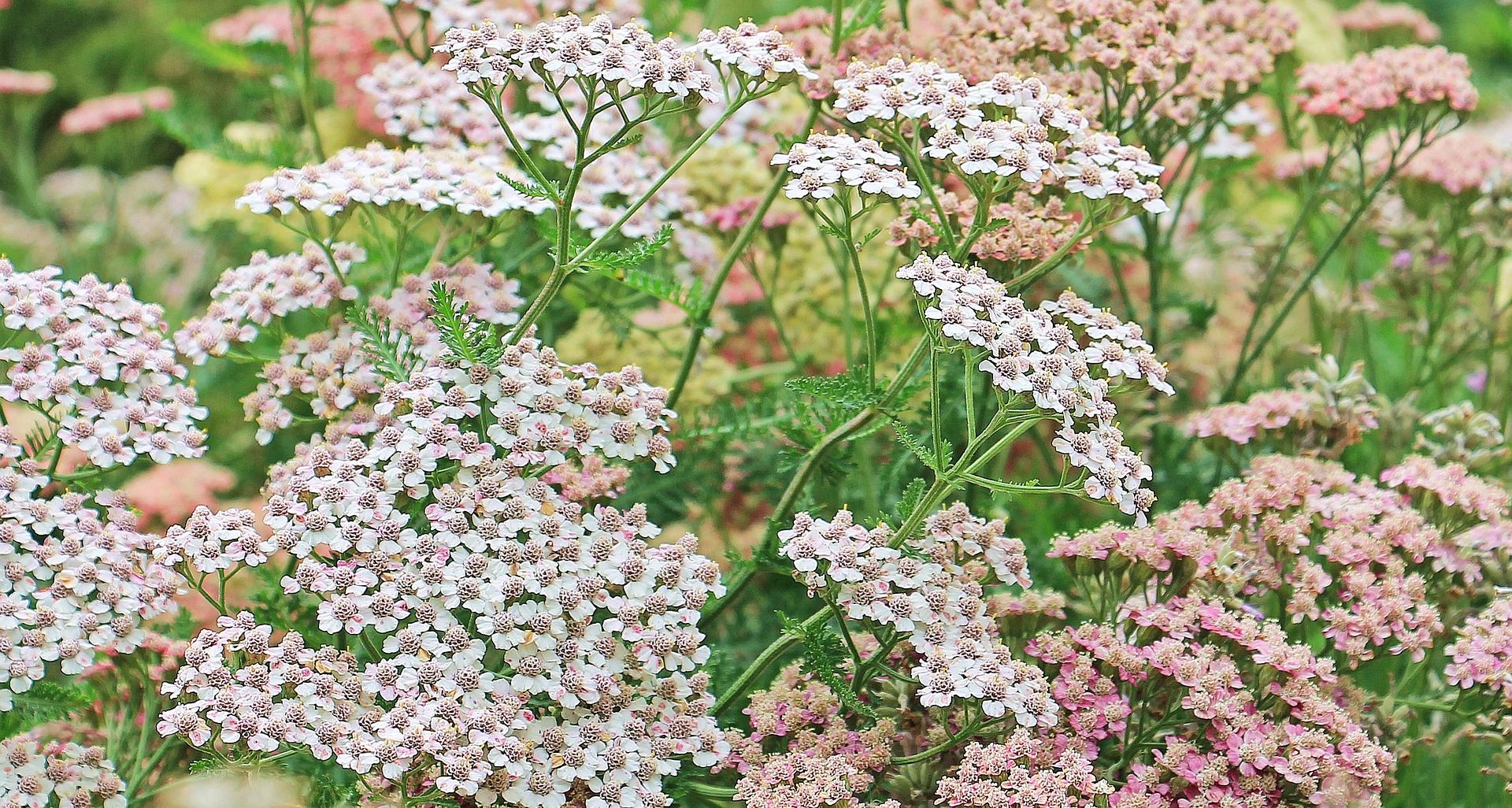
7. Plantain: Plantain has antibacterial and anti-inflammatory properties and can be used for medicinal purposes. It is also edible and can be used in salads or as a cooked green.
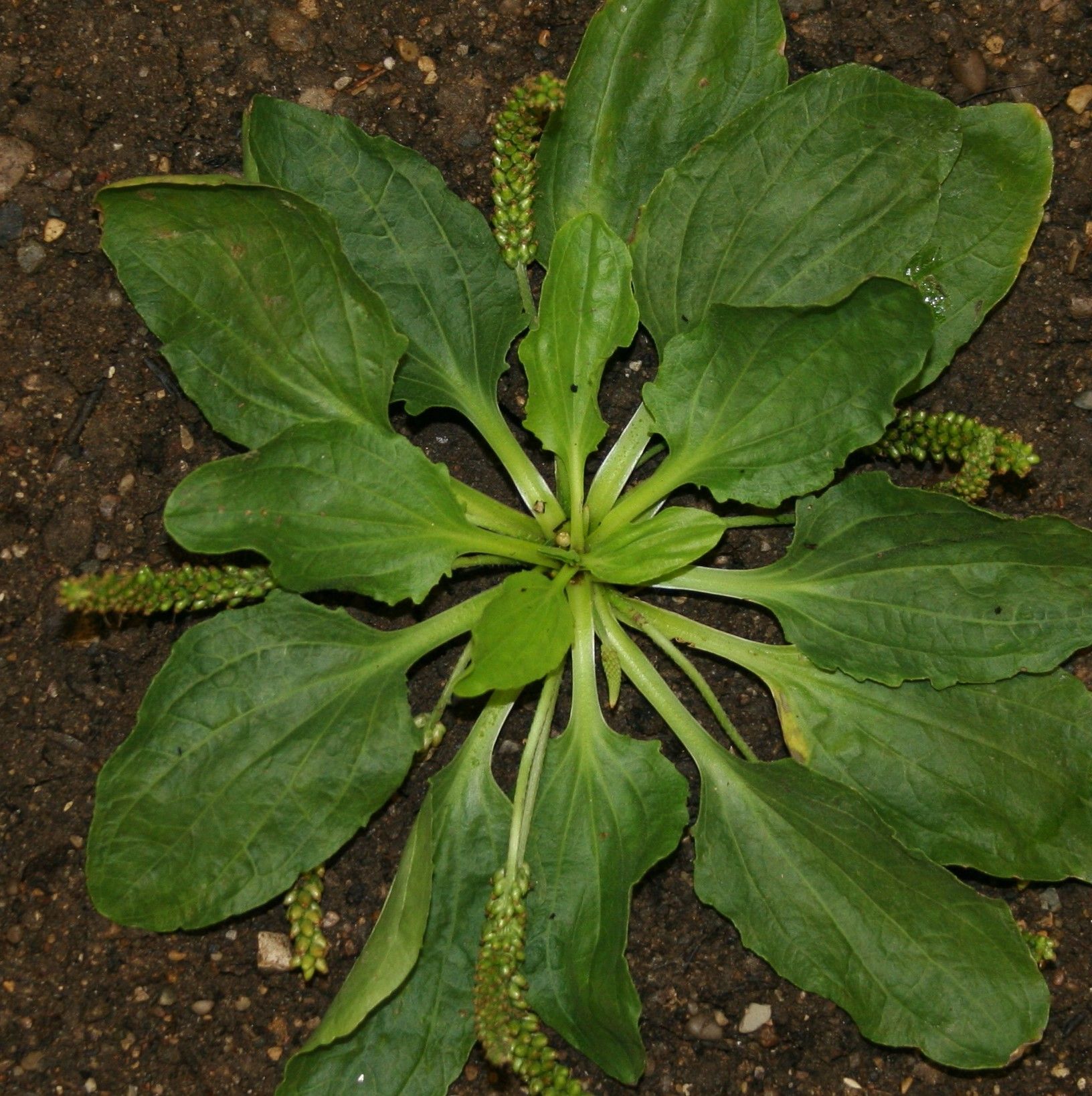
8. Burdock: Burdock is a valuable source of food for pollinators and can be used for medicinal purposes. Its root can be harvested and used in recipes.
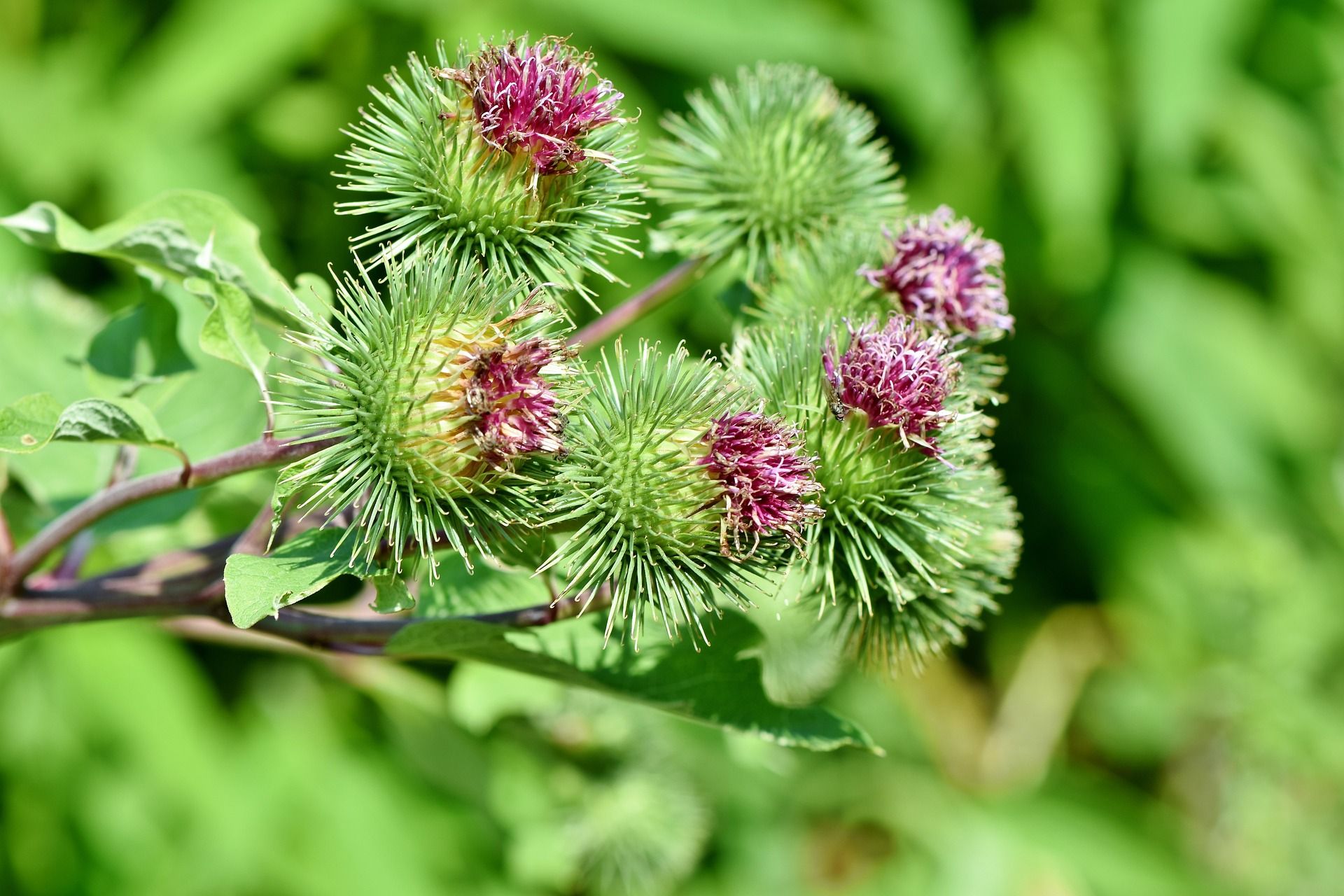
9. Mullein: Mullein is a natural insecticide and can be used to repel insects from the garden. It can also be used for medicinal purposes.
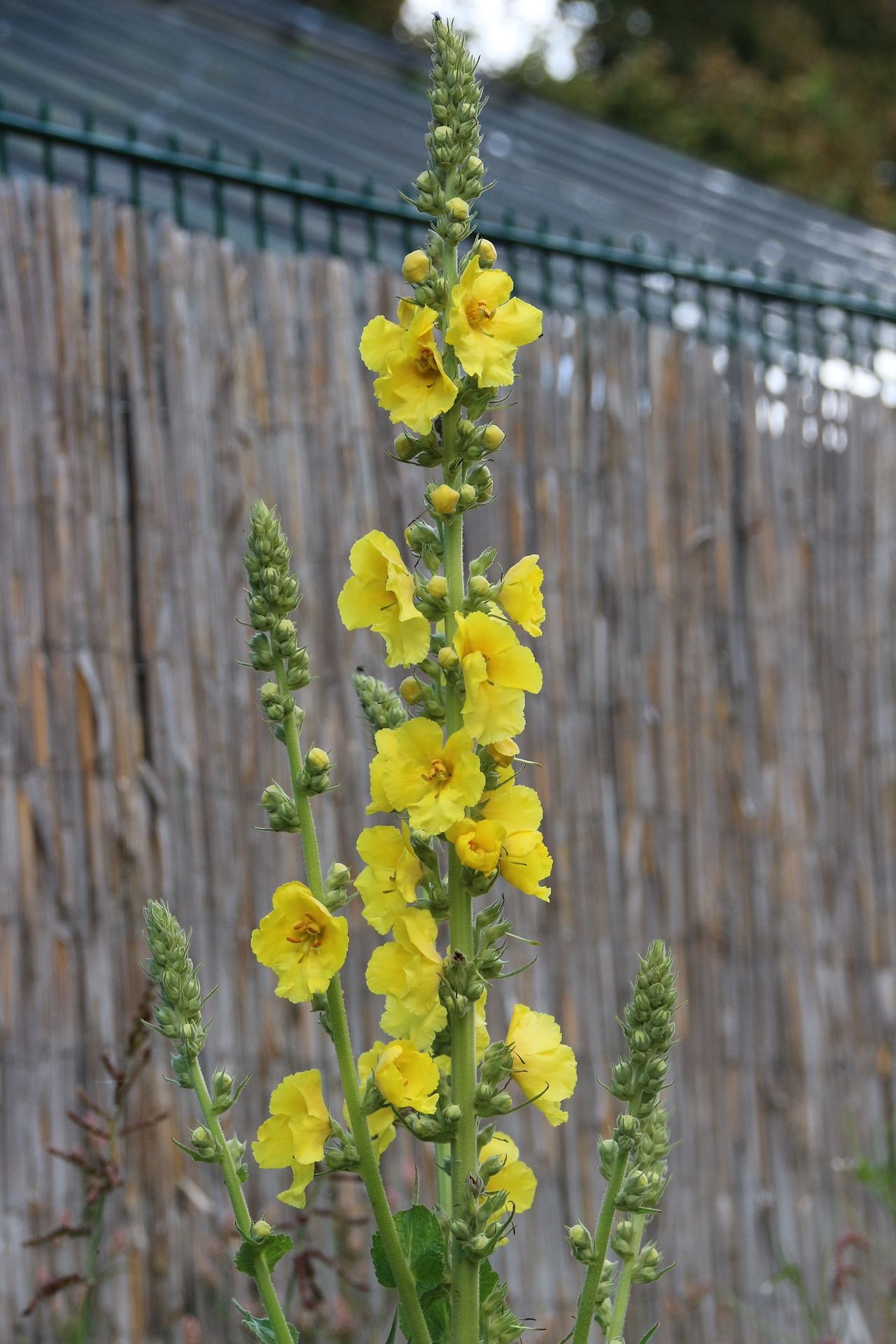
10. Milkweed: Milkweed is a valuable source of food for monarch butterflies and other pollinators, and can also be used for medicinal purposes.
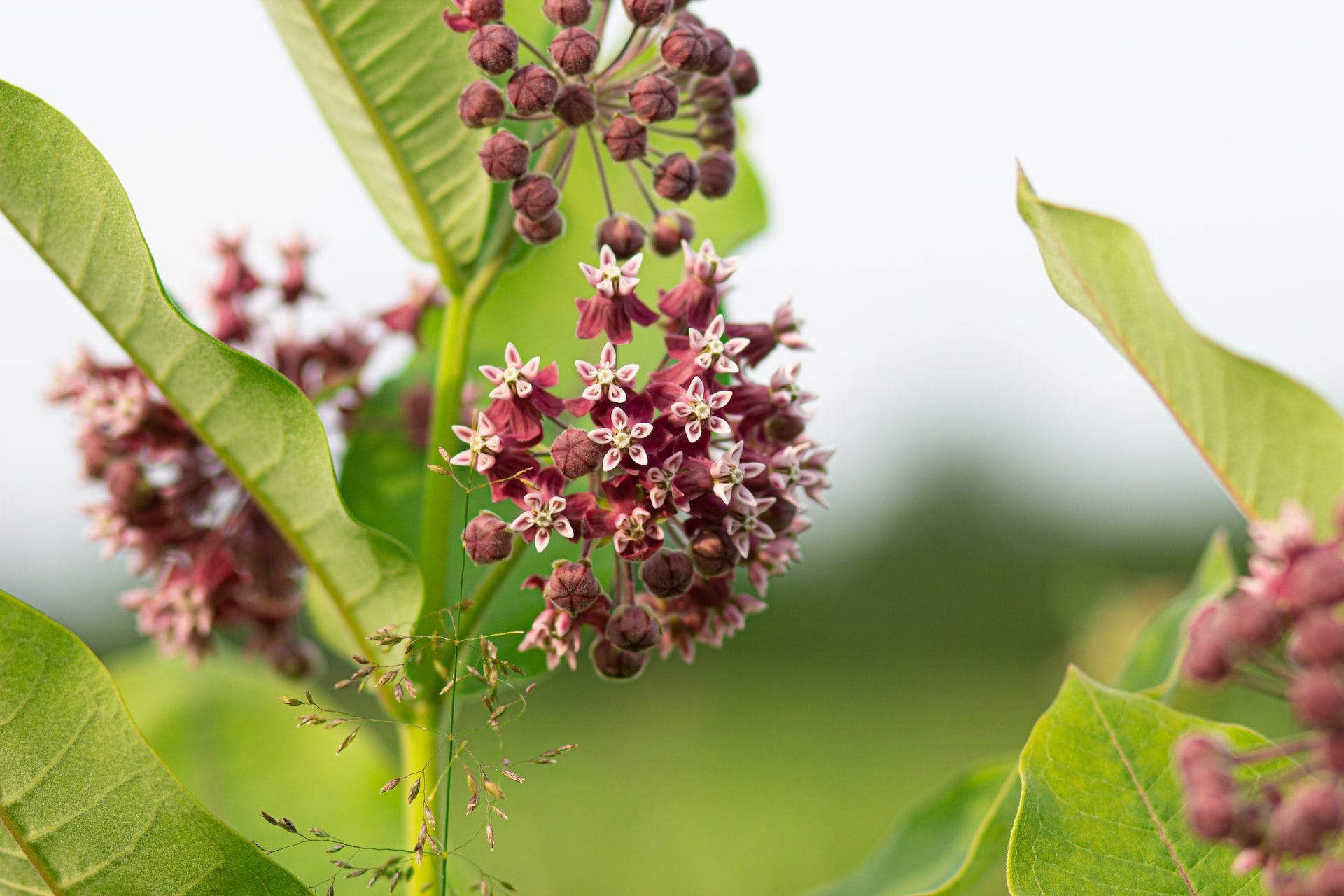
11. Queen Anne’s Lace: Queen Anne’s Lace attracts beneficial insects such as ladybugs and lacewings, which feed on harmful pests like aphids.
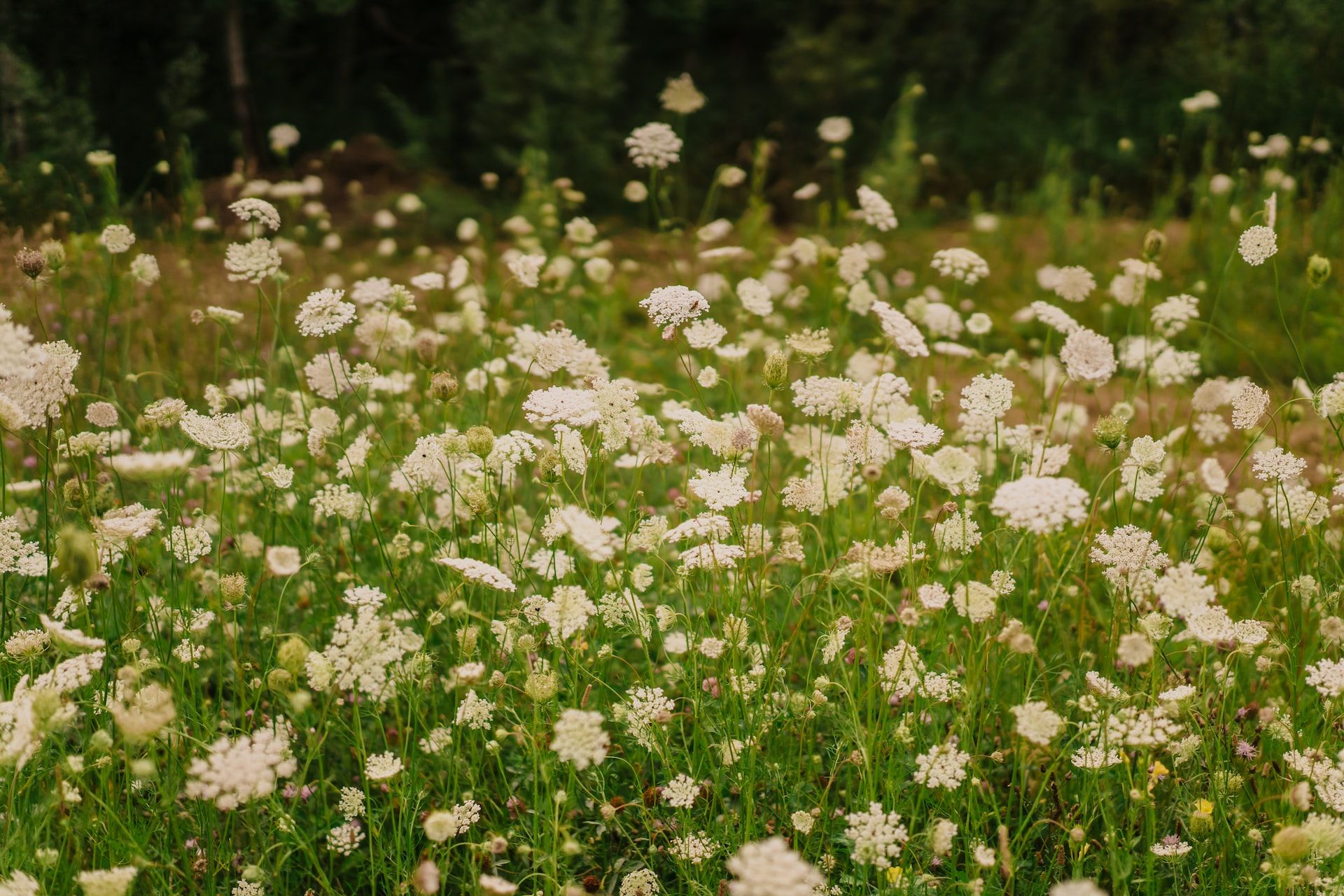
12 Invasive or Useless Weeds:
- Poison ivy: Toxic and can cause skin irritation and rashes.
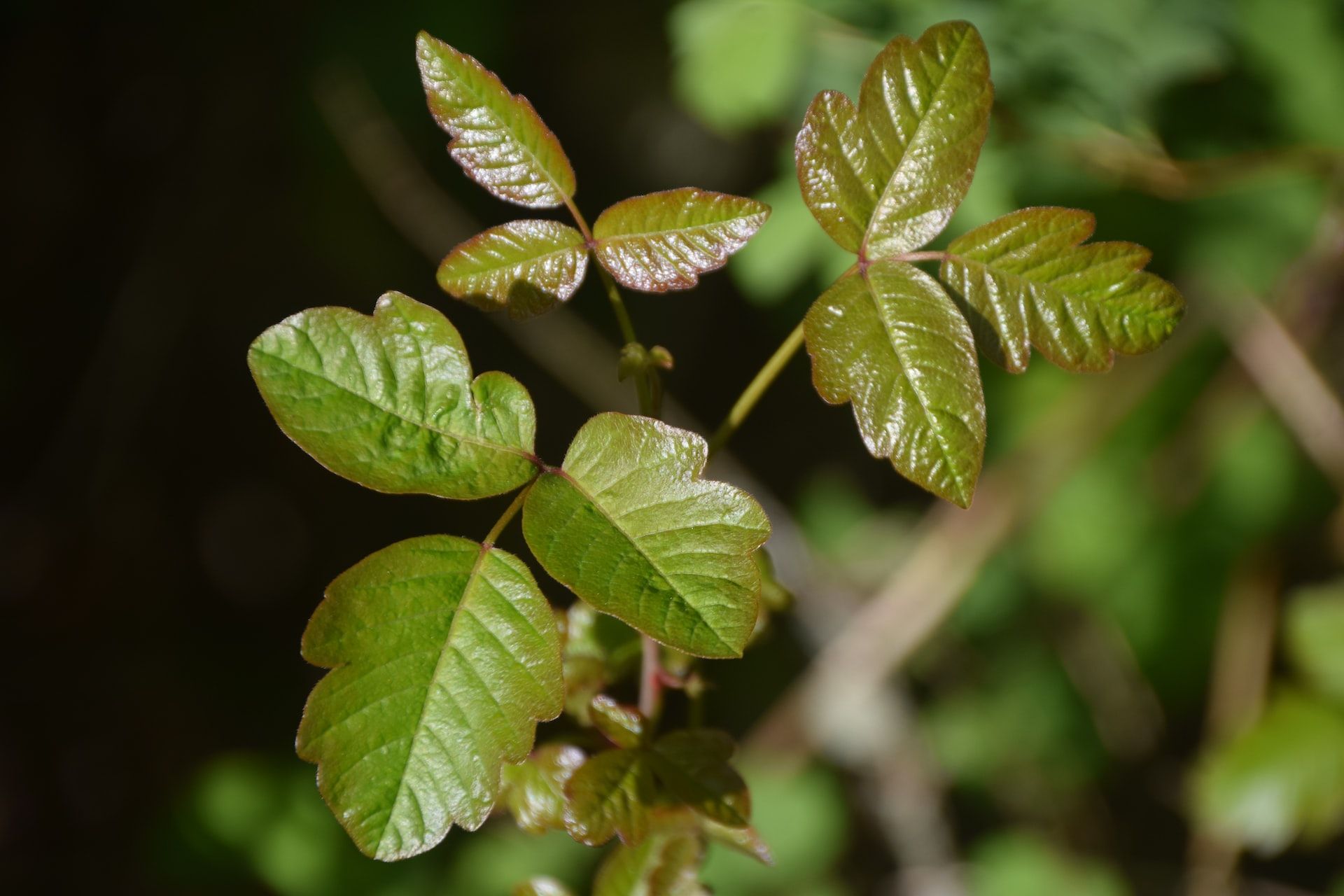
2. Japanese knotweed: Invasive and difficult to eradicate, can damage structures and infrastructure.
3. Bermuda grass: Aggressive and invasive, can quickly take over a lawn or garden.
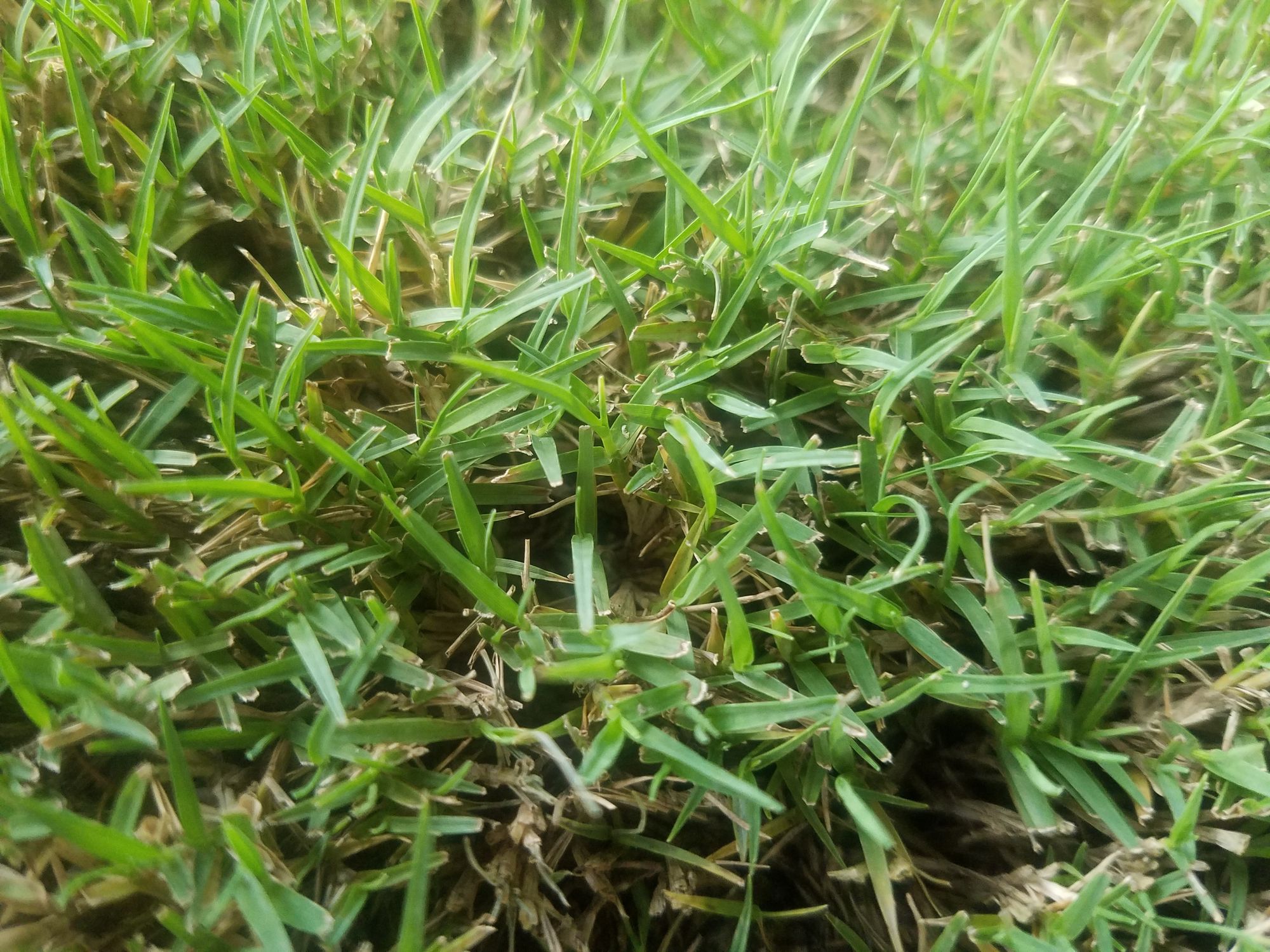
4. Purple loosestrife: Invasive and can displace native plants in wetland areas.
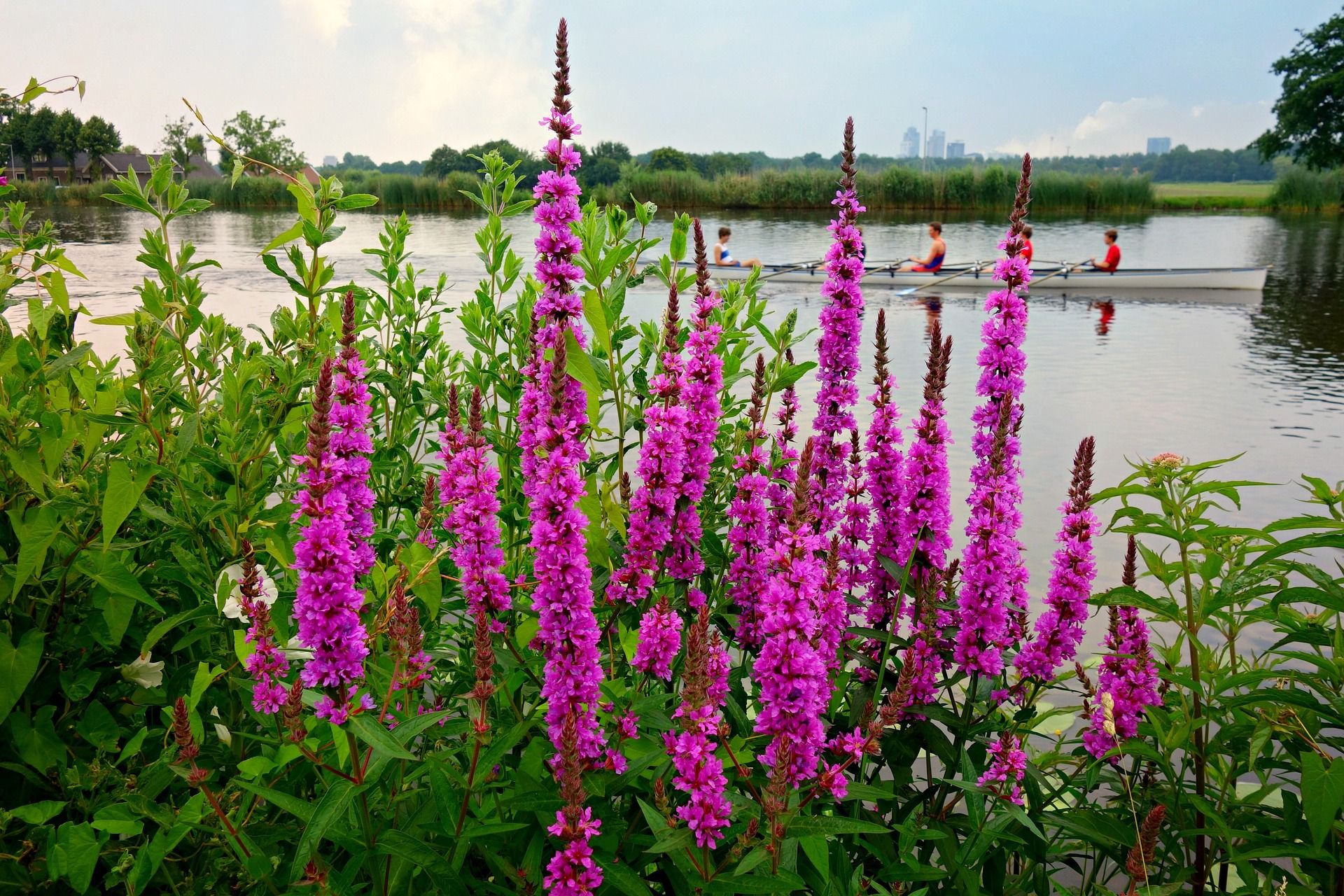
5. Bindweed: Invasive and can quickly strangle other plants in a garden.
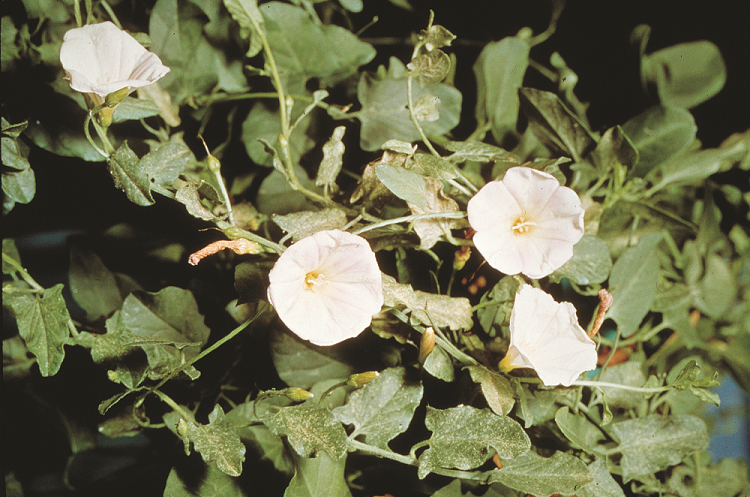
6. Johnson grass: Invasive and difficult to control, can quickly take over a garden or field.
7. Stinging nettle: Can cause skin irritation and stinging sensation, difficult to control.
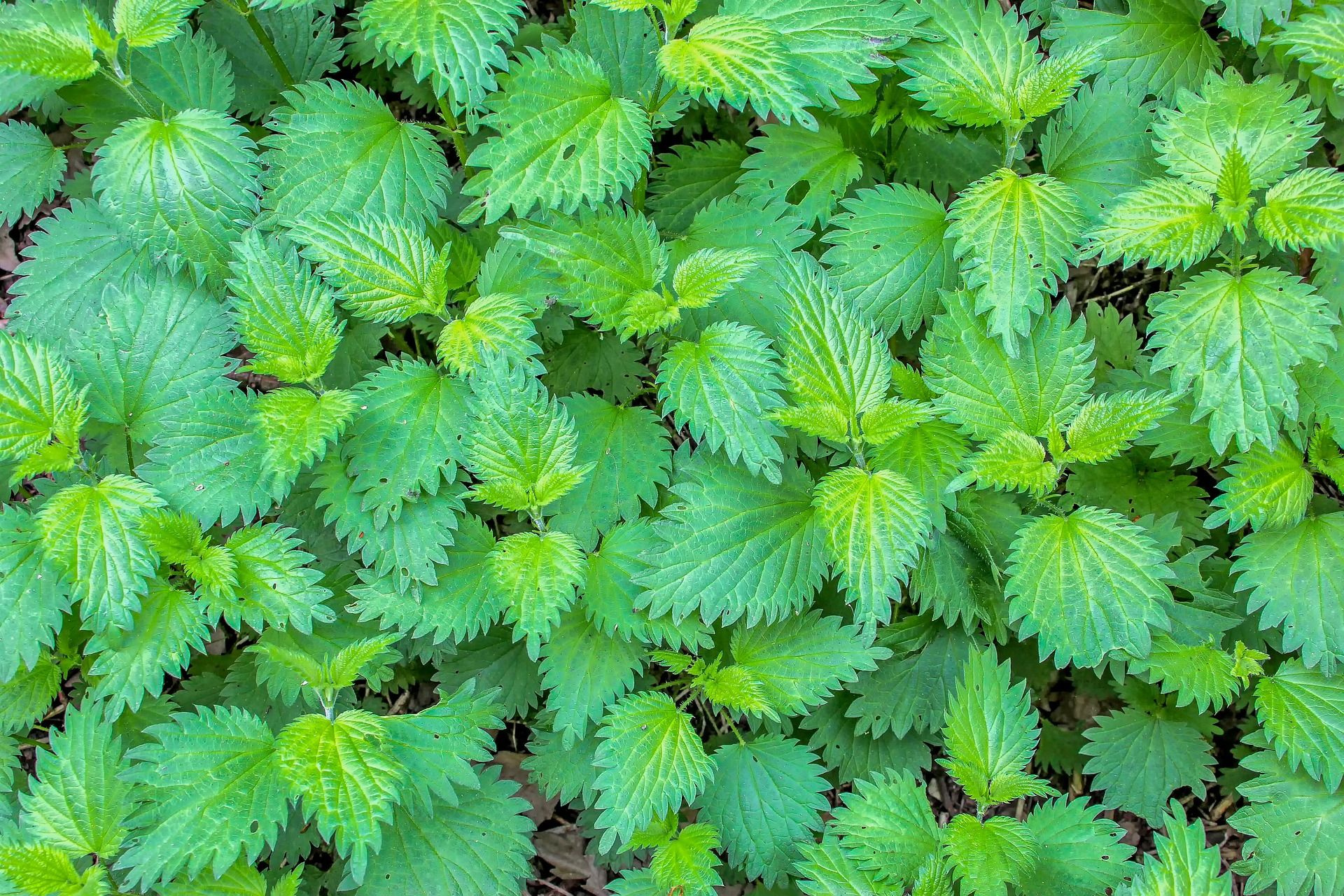
8. Common burdock: Invasive and can quickly take over a garden, difficult to eradicate.
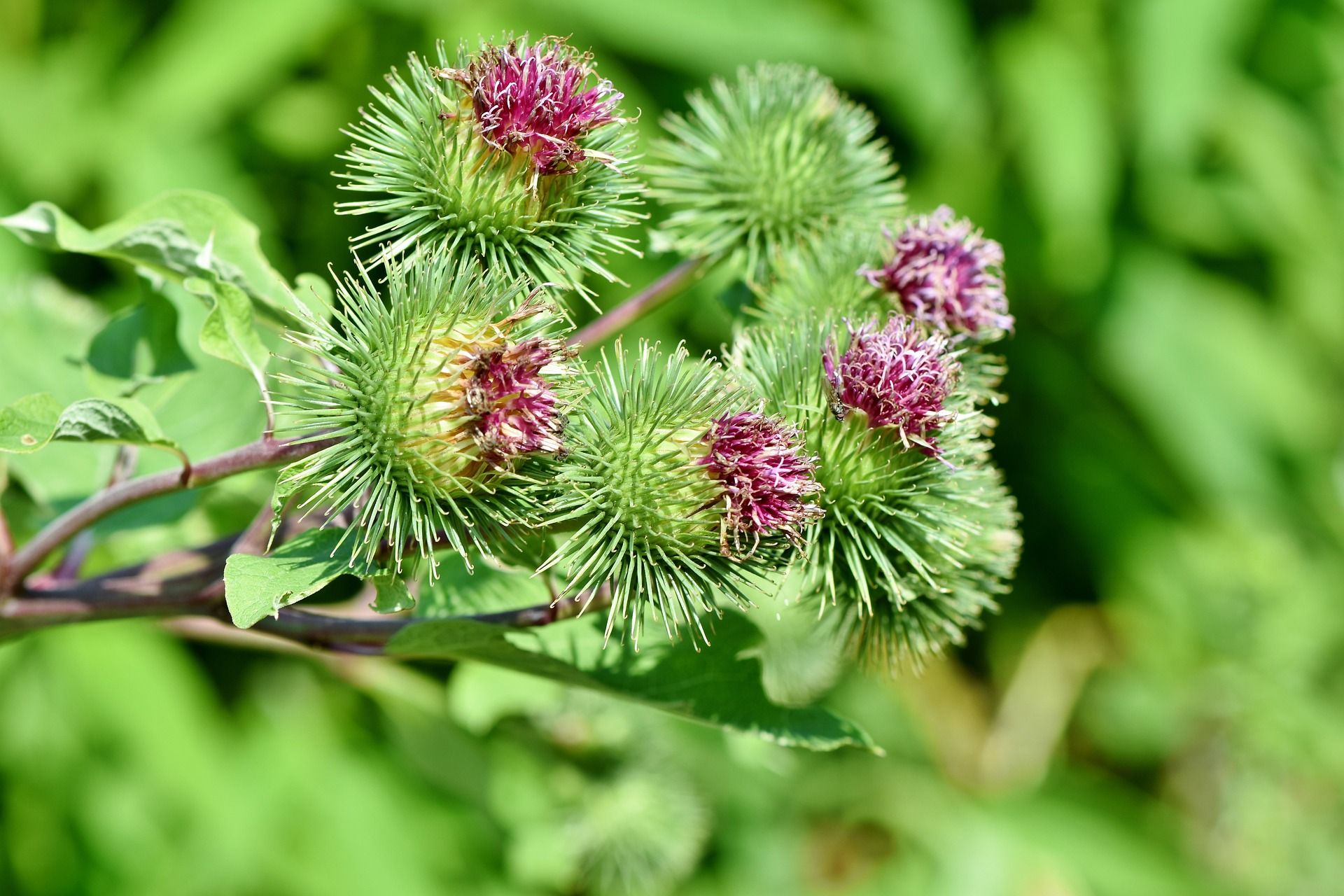
9. Quackgrass: Invasive and can quickly spread through a lawn or garden, difficult to eradicate.
10. Crabgrass: Invasive and can quickly take over a lawn or garden, difficult to control.
11. Canada thistle: Invasive and can quickly take over a garden, difficult to eradicate.
12. Kudzu: Invasive and can quickly cover large areas, can cause structural damage.
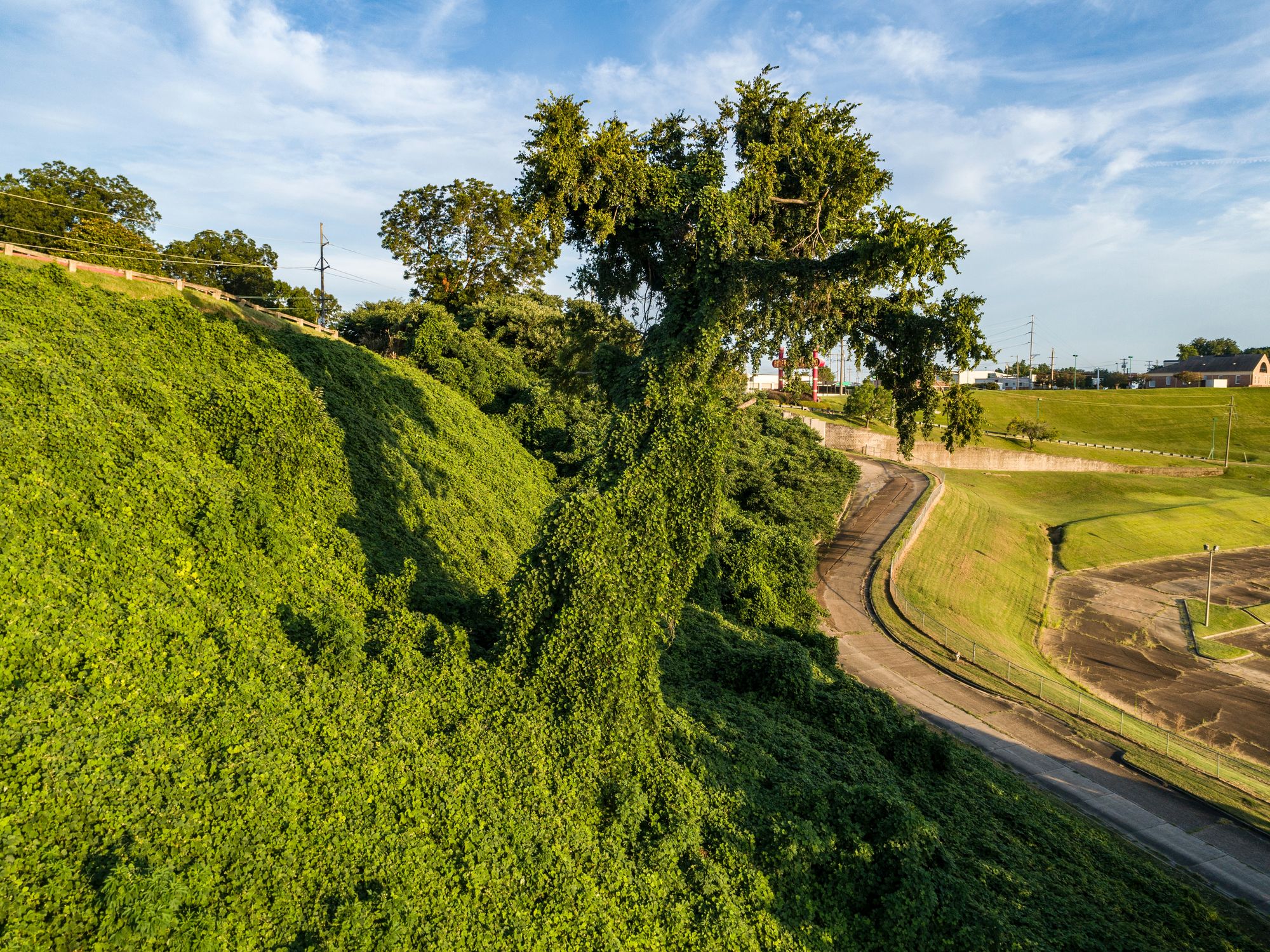
While some weeds can be a nuisance, many others provide benefits to your lawn and garden. Understanding which weeds are beneficial and which are invasive or useless can help you make informed decisions about weed control in your garden.
